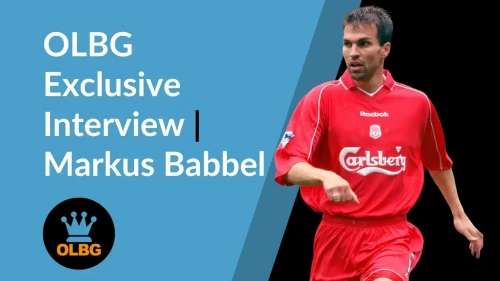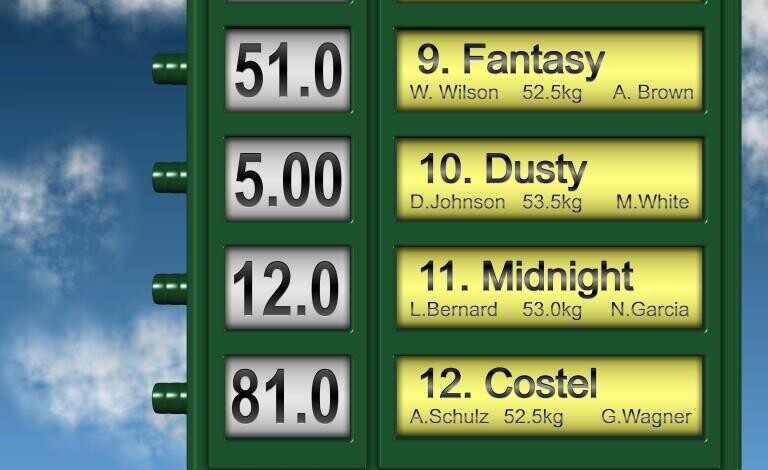Horse Racing, greyhounds and snooker specialist with thirty years experience of writing about sport across multiple platforms. A QPR and Snooker fan
If you're reading this, it may be because you've gone through the experience of having one, or more bookmaker accounts closed by the major bookmakers.
It's becoming a more common-place occurrence and is no longer reserved for the ultra-shrewd, big-playing gambler.
It's happening to punters who stake smaller amounts (well below £50), and those who have had accounts for years, and luckily (or not, as it seems) hit a few winners.
Some of the reasons for closure include:
- Only betting when a bonus is on offer.
- Always taking early prices.
- Using inside Information.
- Dutching multiple selections regularly.
- Backing at a bookmaker with the sole intention of laying on an exchange.
- Matched betting.
- Making multiple withdrawals.
- Your account is bad for business.
In this digital age, bookmakers use computer programs to highlight 'bad business' and, while I have no direct proof of this, it's suspected that many restrictions and resulting closures are automated.
Once a certain betting pattern or staking pattern has been recognised, it may trigger the restrictions or closures.
Any subsequent contact with the bookmaker will always result in a boiler-plate response stating ‘This decision is final and cannot be overturned.'
Many punters honestly cannot understand what has happened. They may have had several years of betting with the company without issue, then suddenly find their account restricted or closed.
Bookmakers
Remember a bookmaker is a business and doesn't want a customer who is bad for business.
The Theory Behind Closing Bookmaker Accounts

Bookmakers are businesses. They essentially HAVE to make a profit, otherwise, they cannot operate.
There's nothing wrong with that, it's the basic business ethic, and any punter who shows a trend of making a profit is usually first restricted, and then ultimately their account is closed.
The bookmaker no longer wants that business because, as the bookmaker is quick to point out, they can't keep losing money to certain people. It's not profitable for their shareholders to whom they have a duty.
Why This Bookmaker Theory Is Wrong
 Bookmakers are a business, yes, but that business is unlike any other business.
Bookmakers are a business, yes, but that business is unlike any other business.
In every race or every betting event, bookmakers lose money to those who succeeded in picking the correct outcome.
The profit comes from the amounts they have won from those who picked the losers.
It's the very basic concept of bookmaking - if you balance the book, you will win no matter what the result is.
So why should it then matter WHO wins the money?
Smaller, one-man shops and independents don't have the amount of turnover to achieve a balanced book, but the major chain and Internet bookmakers (Ladbrokes, Coral, William Hill, Bet Victor.) easily have the ability to do this.
They have always had the practice of sending money to the source in order to affect the odds of certain participants.
Bookmakers
Bookmakers make money whatever the result
In days gone by, bookmakers would take information on bets reported by individual managers in shops and have their on-course representative send money round the course bookmakers to reduce the odds of the best-backed horse(s) in any given race.
Nowadays this can almost be done by one person.
The Internet and computer-networking allow bookmakers the ability, at the touch of a button, to see their almost-global liabilities in any event, and to almost instantly back or lay on the exchanges, thereby keeping their books balanced.
This then filters directly to the course bookmakers, who rely almost solely on the betting exchanges, who then alter the odds accordingly, which in turn will be reflected in the Starting Prices.
So the question remains: if the books can be more easily balanced than in the days of the older, manual system, why close accounts?
Closing those 'losing' accounts only serves to reduce turnover.
Once bets are placed they form part of the book, a book that is aimed to be balanced every time.
If so-called 'profitable' punters place bets, that would be an advantage to the bookmaker, as it would then allow them to know which ones to reduce the odds on, and which ones to extend (see 'A Story' below).
'Profitable' punters are not a bad thing for any bookmaker who can balance a book.
Making A Profit
I assert that profitable punters are not a bad thing for bookmakers.
It simply should not make any difference. That it happens is the result of number-crunching.
The assumption is; X won £500 last month, so if we close X's account, we will increase profit by £500. WRONG. It's a false deduction.
A Bookmaker Story
 In years gone by, I used to work for an independent bookmaker who had six shops.
In years gone by, I used to work for an independent bookmaker who had six shops.
He and I would start each day at 7:30 am and frame the early betting for all horse races that day (this was long before the major bookmakers did it).
It was good for business for it attracted a lot of punters who couldn't get early prices anywhere else.
There was one punter I remember, who was what you called a ‘shrewdie' back then.
He was quite open about what he did. He'd go around bookies spreading bets on certain horses.
He came to an agreement that he would only stake so much on any horse with my boss, and only in the shop he personally worked in, in return for being guaranteed to get on.
But he won regularly. We lost money to him, and I asked the boss one day why he didn't just stop taking bets off him. ‘You kidding?' was the reply, ‘
When he bets I know which horse(s) to shorten up and which one(s) to lengthen.
What he wins is worth the loss because I win more back off other ones.
Shrewd Punters
When a shrewd or expert punter places a bet he alerts the bookmaker to that selection.
The Closing Of Bookmaker Accounts Conclusion
Every bet makes a book.
The bookmaker strives to balance a book in every event, thereby making a profit regardless of who wins.
While there may be accounting logic to dropping so-called 'bad' business, the fact is that business is helping them make a book and form more accurate prices on other selections that are, by their logic, less-likely winners.
What's bad about that?
Look out for more blogs including my Bookmaker Masterclass.
Jim Brown is a former betting industry employee with over 30 years of experience in the industry.
He's been an OLBG member since 2010 and is a frequent contributor to the forums and the blog pages.
No Comments
There are no comments here. Be the first to comment...
Keep Reading
Exclusive Markus Babbel Interview

Former Liverpool defender, Markus Babbel discusses Jurgen Klopp's potential as a candidate for the next England manager, identifies weaknesses in Trent Alexander-Arnold’s defensive abilities, and reveals Carragher and Fowler as the biggest party animals he's known in his interview with OLBG.
Continue ReadingTop Performers at the Summer Olympics: Athletes and Nations

We've crunched some numbers to find the most dominant countries and individuals at the Olympics and who could be the stand-out names in 2024
Continue ReadingA Comprehensive Breakdown of the British Royal Family's Wealth in 5 Charts

Get an unprecedented look into the secretive royal family's wealth. Our article breaks down the monarchy's fortune through 5 credible, insightful charts.
Continue Reading
